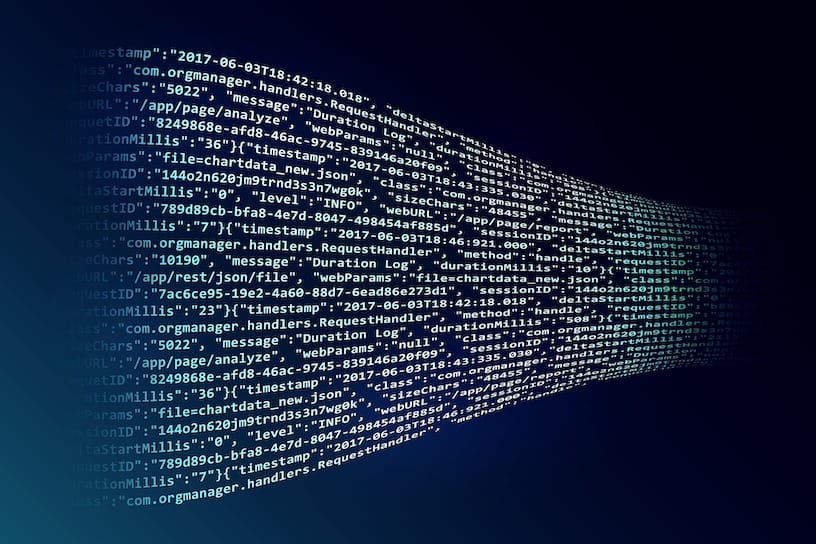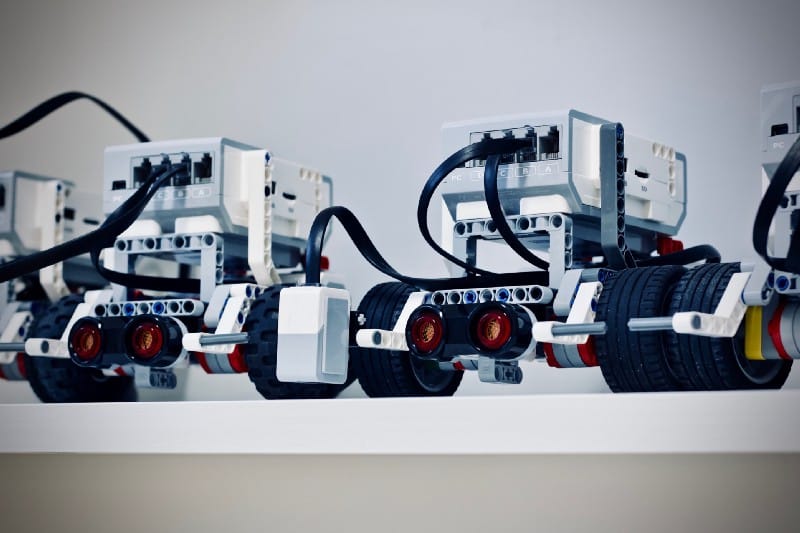Table of Contents
Enhancing Workforce Efficiency in Manufacturing with AI-Powered Facial Recognition

The New Era of Workforce Management in Manufacturing
The manufacturing industry is evolving faster than ever with AI in manufacturing becoming a central driver of transformation. From quality control to supply chain optimization, AI manufacturing companies are reimagining how factories operate. But one area often overlooked is workforce efficiency – ensuring that human productivity keeps pace with automation.
Modern factories depend on hundreds of workers across shifts, machines, and production lines. Tracking attendance, managing performance, and ensuring safety compliance manually is no longer sustainable. This is where AI-powered facial recognition systems are revolutionizing the manufacturing floor.
How Is AI Used in the Manufacturing Industry Workforce Management?
When we talk about how AI is used in the manufacturing industry, most examples focus on machine automation or predictive maintenance. However, AI solutions for manufacturing are increasingly being deployed to understand and optimize human activity too.
Facial recognition, built on computer vision AI, uses deep learning algorithms to identify, verify, and analyse human faces in real time. In a manufacturing setup, these systems can:
- Automate attendance tracking across large facilities
- Monitor shift changes and worker presence in specific areas
- Provide visibility into workforce efficiency and idle time
- Restrict access to sensitive zones for safety and compliance
- Detect PPE (personal protective equipment) compliance
These insights collectively enhance workforce efficiency and contribute to higher overall equipment effectiveness (OEE).
How Facial Recognition Works in Manufacturing Environments
Facial recognition technology relies on AI model training and computer vision development to function accurately in real-world industrial conditions.
- Data Capture: CCTV or IP cameras capture video feeds of employees entering or working within the plant.
- Feature Extraction: AI algorithms analyze facial features (eyes, nose, mouth geometry) and create a unique facial signature.
- Matching and Verification: The system compares live footage against pre-registered employee databases.
- Integration with Workforce Systems: The verified data feeds into attendance, shift management, and productivity dashboards.
Unlike traditional biometric systems that require physical contact or manual input, AI facial recognition is touchless, faster, and integrates seamlessly with smart manufacturing AI solutions.
AI Use Cases in Manufacturing: Workforce Visibility and Efficiency
While manufacturing AI use cases often highlight robotics and defect detection, workforce analytics powered by face recognition offers some of the most immediate ROI.
Here are a few AI use cases in manufacturing industry related to workforce performance:
1. Automated Attendance and Shift Tracking
Manual attendance logs or RFID-based systems often create delays and inaccuracies. With AI in manufacturing, facial recognition enables instant identification and shift-level attendance tracking, saving administrative time and ensuring accurate payroll data.
2. Real-Time Workforce Monitoring
Supervisors can view live dashboards that show how many employees are active on each production line. If idle time or absenteeism increases, AI manufacturing systems can alert managers automatically.
3. PPE Compliance Detection
Using computer vision AI solutions, the same cameras that track attendance can detect whether workers are wearing helmets, gloves, and safety gear; reducing the risk of accidents and ensuring SOP adherence.
4. Restricted Area Access
Face recognition ensures only authorized personnel enter specific zones (like storage areas or maintenance sections), adding a layer of safety and accountability.
5. Workforce Productivity Analytics
Beyond attendance, AI for manufacturing can measure metrics like time on task, time off floor, and average engagement per shift, helping optimize staffing decisions and uncover bottlenecks.
Case Study: Toyota’s Use of Facial Recognition
With economic uncertainty likely to persist, manufacturers must find new ways to ensure fast delivery of high-quality goods. In the automotive sector, Toyota deploys facial recognition to guarantee quality control as machines become increasingly complex and individualized expertise is required for each part of the car.
Toyota’s AI engine is integrated into its inspection information system, confirming with high speed and accuracy that the right technician is working on the correct assembly station — for example, a wheel technician on the wheel assembly line and an engine technician on the engine line. This ensures that only trained and qualified individuals handle critical aspects of quality control.
The quick, contactless authentication at each station also saves time and improves productivity on the factory floor. While this case is currently one of the most advanced applications of face recognition technology in manufacturing, it highlights the broader potential for biometrics to optimize workforce efficiency across industries.
How AI Is Revolutionizing Manufacturing Workforce Efficiency
The phrase “how AI is revolutionizing manufacturing” isn’t just about automation. It’s about synergy between human intelligence and artificial intelligence. By combining AI analytics with real-time facial recognition data, manufacturers can:
- Reduce idle time and improve shift utilization
- Detect anomalies like long breaks or task delays
- Identify high-performing teams or operators
- Improve accountability without intrusive monitoring
Ultimately, AI in manufacturing use cases like face recognition create a feedback loop, giving managers actionable insights while enabling workers to focus on value-added tasks.
Addressing Privacy and Data Security Concerns
Introducing facial recognition in the manufacturing industry requires responsible data governance. Manufacturers must ensure:
- Data is stored securely and encrypted
- Access is restricted to authorized managers
- Employees are informed and consent is obtained
- Systems comply with data privacy regulations such as GDPR
A well-implemented AI solution for manufacturing not only enhances efficiency but also prioritizes ethical and transparent technology deployment.
Smart Factory AI: Integrating People and Machines
The concept of the smart factory AI ecosystem is built on seamless collaboration between machines, people, and data. Facial recognition bridges the human side of that ecosystem. When integrated with ERP and MES systems, it helps plants achieve:
- Unified workforce and machine performance dashboards
- Predictive workforce planning using AI trends
- Reduced downtime due to absence or shift mismanagement
- Enhanced operational transparency across departments
This integration marks a new phase of manufacturing with AI, one where people are empowered through intelligent automation.
Building Scalable Facial Recognition Systems with AI Consulting Services
Developing and deploying accurate AI in manufacturing systems requires specialized expertise in computer vision, model training, and systems integration. That’s where AI consulting services and solution partners come in.
At Biz-Tech Analytics, we specialize in building custom AI solutions for manufacturing, from computer vision development and AI model training services to full-scale smart factory AI deployments. Our facial recognition systems help manufacturers monitor workforce efficiency, ensure SOP compliance, and gain real-time visibility into operations, all while maintaining data privacy and security.
Conclusion: The Future of Workforce Efficiency in AI Manufacturing Companies
The next phase of manufacturing and AI isn’t about replacing human labor. It’s about amplifying it. AI-powered face recognition offers manufacturers the visibility and insights they need to operate smarter, safer, and faster.
As factories evolve into data-driven ecosystems, those who leverage AI solutions for manufacturing to enhance workforce productivity will lead the next industrial wave, transforming traditional plants into truly smart manufacturing AI environments.
Want to implement facial recognition systems in your factory? Get in touch with us at contact@biztechanalytics.com to learn more!


